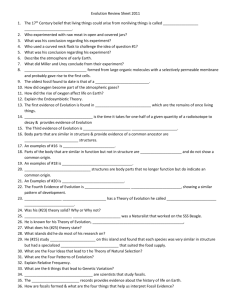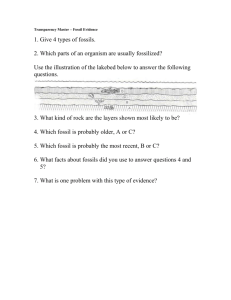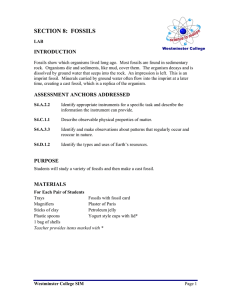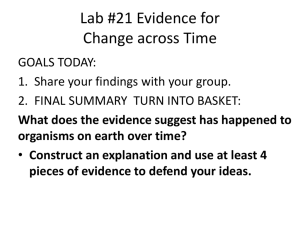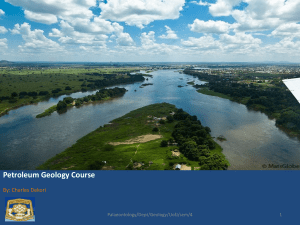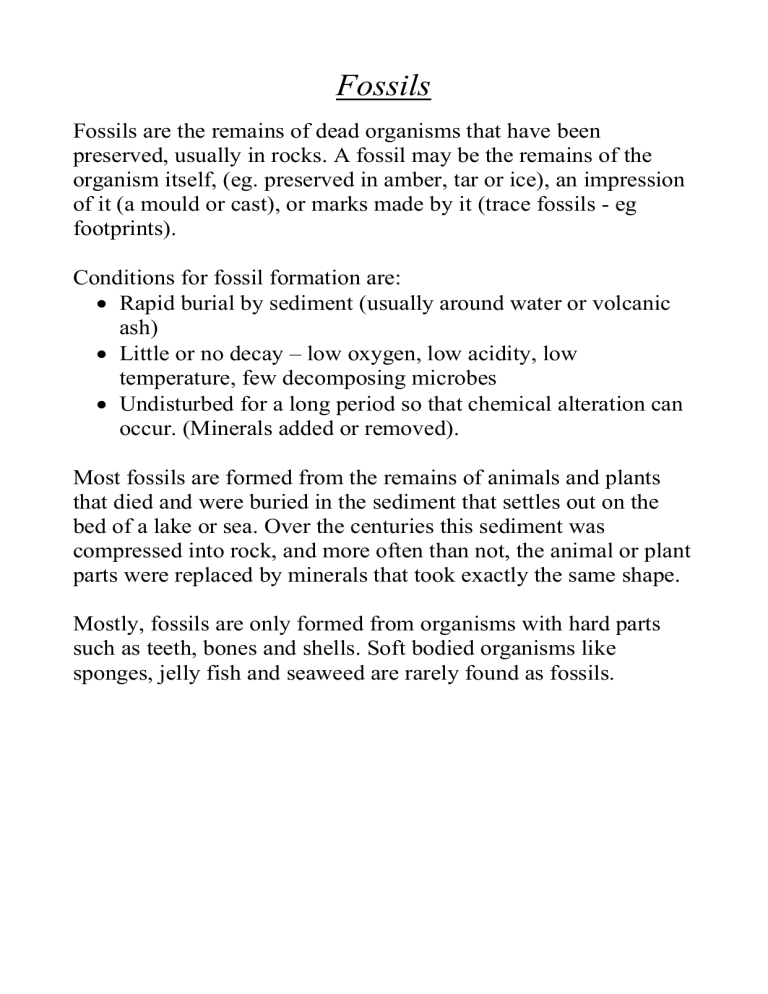
Fossils Fossils are the remains of dead organisms that have been preserved, usually in rocks. A fossil may be the remains of the organism itself, (eg. preserved in amber, tar or ice), an impression of it (a mould or cast), or marks made by it (trace fossils - eg footprints). Conditions for fossil formation are: Rapid burial by sediment (usually around water or volcanic ash) Little or no decay – low oxygen, low acidity, low temperature, few decomposing microbes Undisturbed for a long period so that chemical alteration can occur. (Minerals added or removed). Most fossils are formed from the remains of animals and plants that died and were buried in the sediment that settles out on the bed of a lake or sea. Over the centuries this sediment was compressed into rock, and more often than not, the animal or plant parts were replaced by minerals that took exactly the same shape. Mostly, fossils are only formed from organisms with hard parts such as teeth, bones and shells. Soft bodied organisms like sponges, jelly fish and seaweed are rarely found as fossils.

